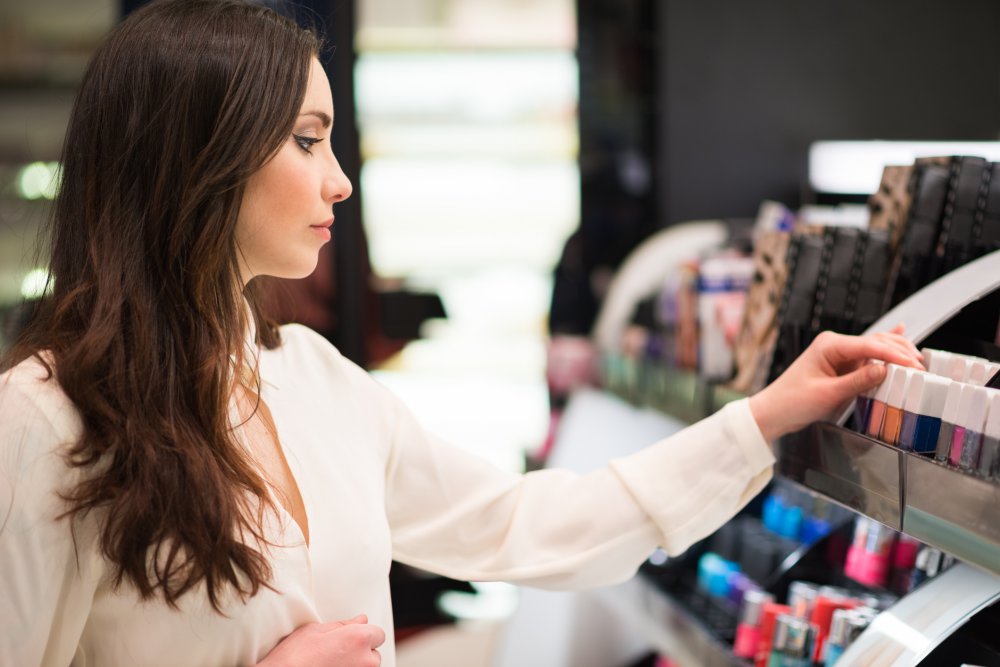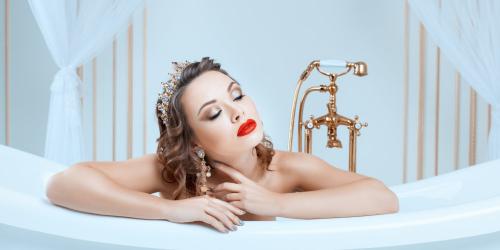What are the criteria for certification?
Like any cosmetic product, organic products have the same aesthetic function , except that they guarantee to users a much lower risk of allergies related to certain synthetic chemicals used in "conventional" products. Obviously, organic cosmetics are not exclusively reserved for people with allergy. Now, more and more women are using them to ensure that they do not put in contact with their skin products that could be detrimental to their health ... More than in any sector, organic cosmetics are subject to an extremely framed charter. They must meet very specific criteria related to their elaboration, their composition and the conditions in which they were produced.
- Absolute prohibition on the use of chemicals generally used in "classical" cosmetics (no dyes, synthetic perfumes, parabens, silicones, etc.)
- Only preservatives authorized by Afssaps (French Agency for the Safety of Health Products) may be added.
- The packaging must be non-polluting (either in recycled material or perfectly recyclable).
Some organic products also favor the protection of animals and declare 100% cruelty free, which means that they have totally banned the tests of their products on animals . But beware, an organic product is not necessarily cruelty free , and vice versa. Another certification that has recently made its appearance is the vegan label, which indicates cruelty-free products containing no ingredients that come from animals (fat, wax etc.). More and more brands are proposing vegan and cruelty free products , such as Lush, Zoeva or The Body Shop. The latter has even recently launched a petition to stop testing animals.
A variety of label and certification
Organic beauty products are now installed in the department stores, in addition to parapharmacies and specialist shops. With the addition of vegan and cruelty free labels, one could almost get lost. A short overview of some existing logos.
- AB : official label of the Ministry of Agriculture, it means "Organic Farming". In cosmetics, it is used only for essential oils and vegetable.
- Cosmébio : the label cosmébio has a very rigid charter. The products labeled respect human health, nature (recyclable packaging and production not harmful to the environment) and the pleasure and pleasant side of a quality cosmetic. The products are traced and controlled from their design to the finished product.
- Ecocert : the ecocert specifications guarantee 2 fundamental principles for consumers. First, the ingredients used must be derived from renewable resources and processed by environmentally friendly processes. Thanks to this first point, we know that our cosmetics are free of GMO, paraben, synthetic dyes and so on. Obviously, the packaging must be biodegradable or recyclable. Then, a minimum threshold is imposed on the natural components. The products must contain at least 95% natural or natural products and the ingredients coming from the animals are totally forbidden (except for natural ingredients such as milk or honey).
- Leaping bunny: this label guarantees that the certified products are not tested on animals, and agrees to issue the label only if the whole brand does not make any animal tests. Company, laboratory, suppliers, whether for components or during manufacture, the product is guaranteed cruelty to the animals.
- EVE Vegan: in the same spirit as the leaping bunny label, EVE Vegan certification guarantees products without cruelty to animals. The French label ensures that the finished product is free of animal flesh, without animal by-product, not tested on animals (ingredients and finished product), packaging without animal matter, ingredients from organic vegan agriculture and exports are prohibited in countries that allow animal testing. Note that this label is also the only French vegan label.
- The Vegan Society: The English label has made its first fight animal protection. Vegan society-certified products contain, as far as possible, no products from an animal. Experiments on animals are also prohibited and products must not contain GMOs.
- Beauty without bunnies: here we are talking about several labels that have been launched by the famous PETA which has always struggled for well-being and against animal testing. Two labels are available: cruelty free and cruelty free & vegan. The first guarantees that the products have not been tested on animals and the second promises products not tested on animals and do not contain any animal-derived substances (honey, beeswax etc.).


